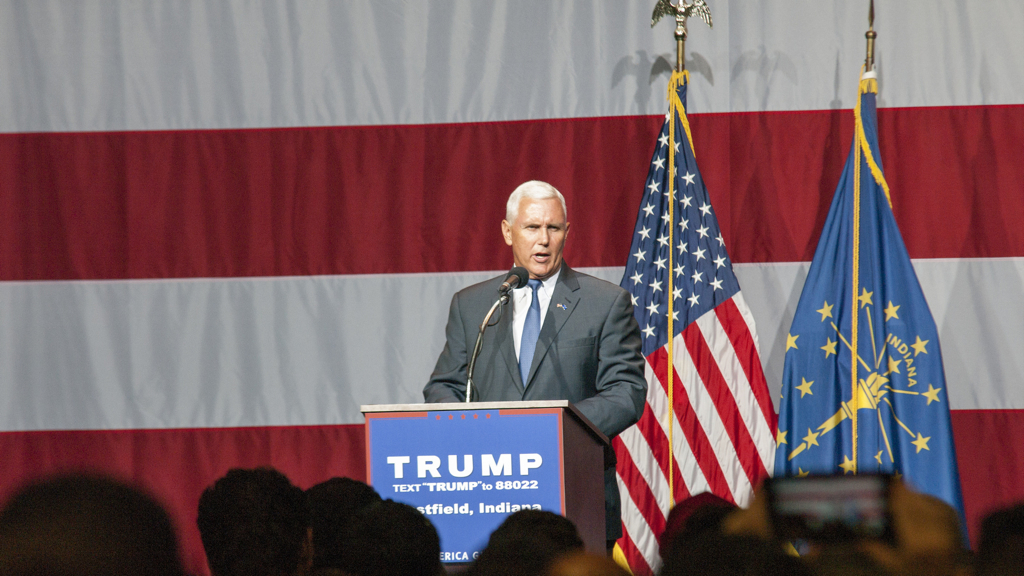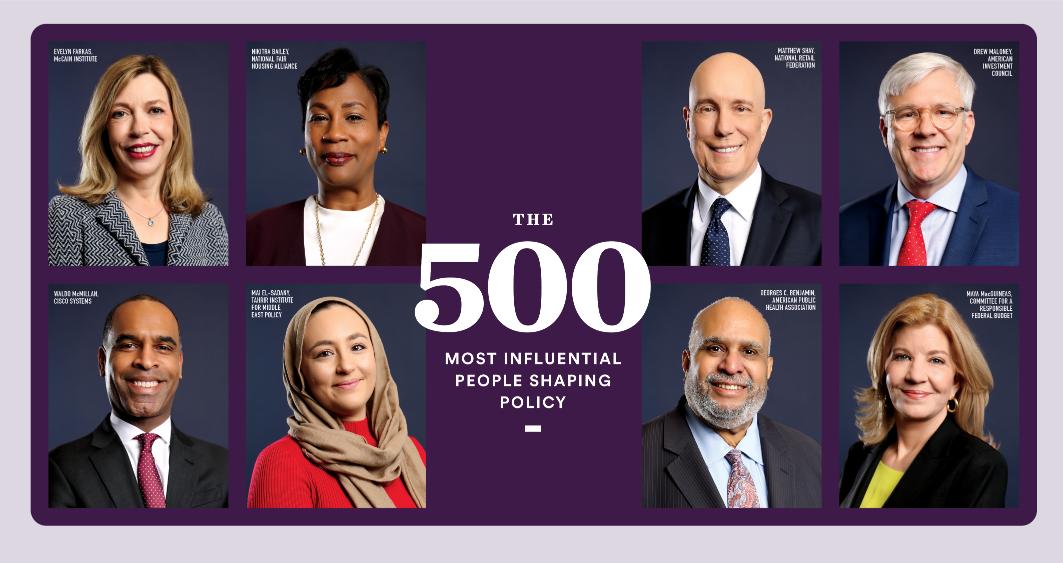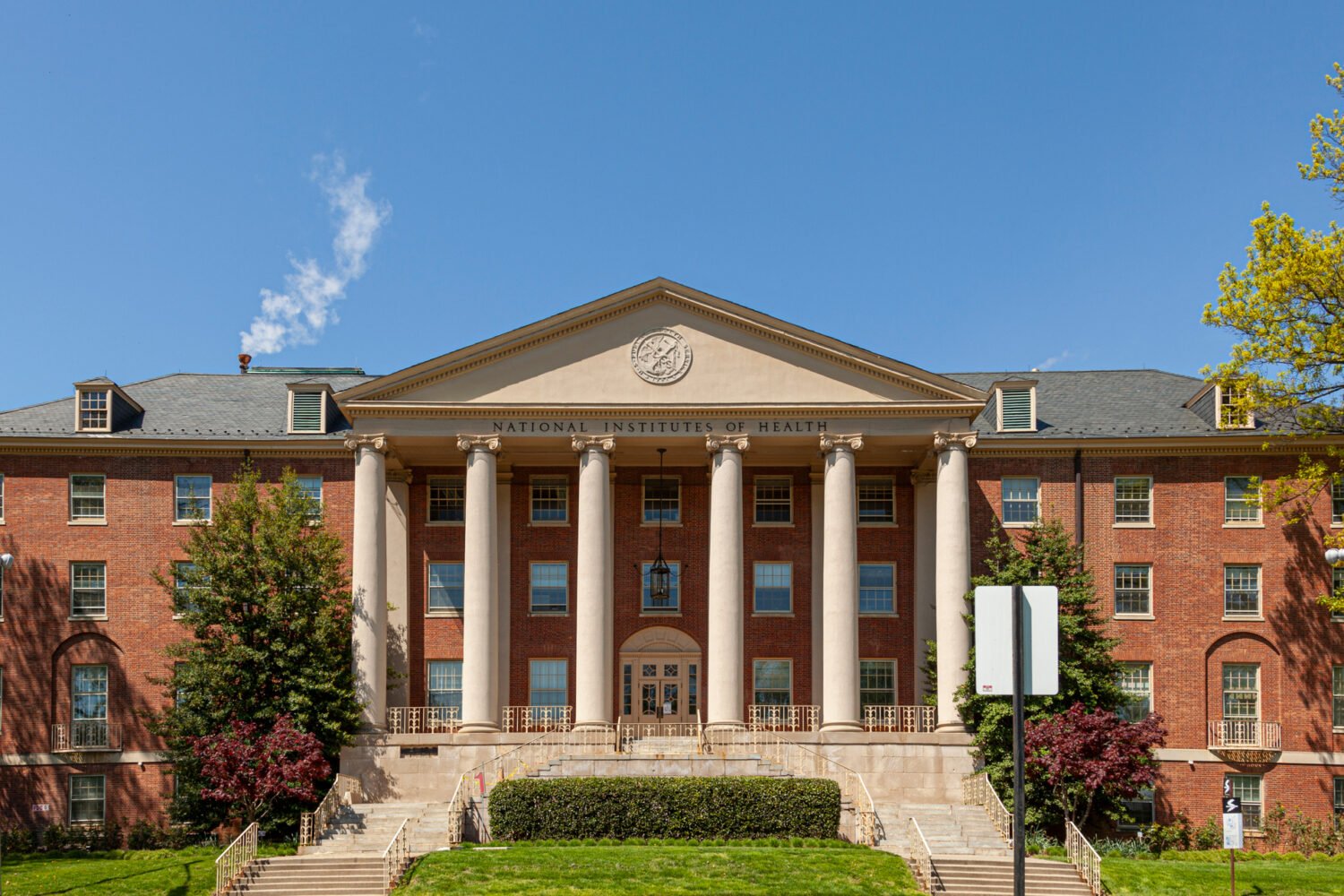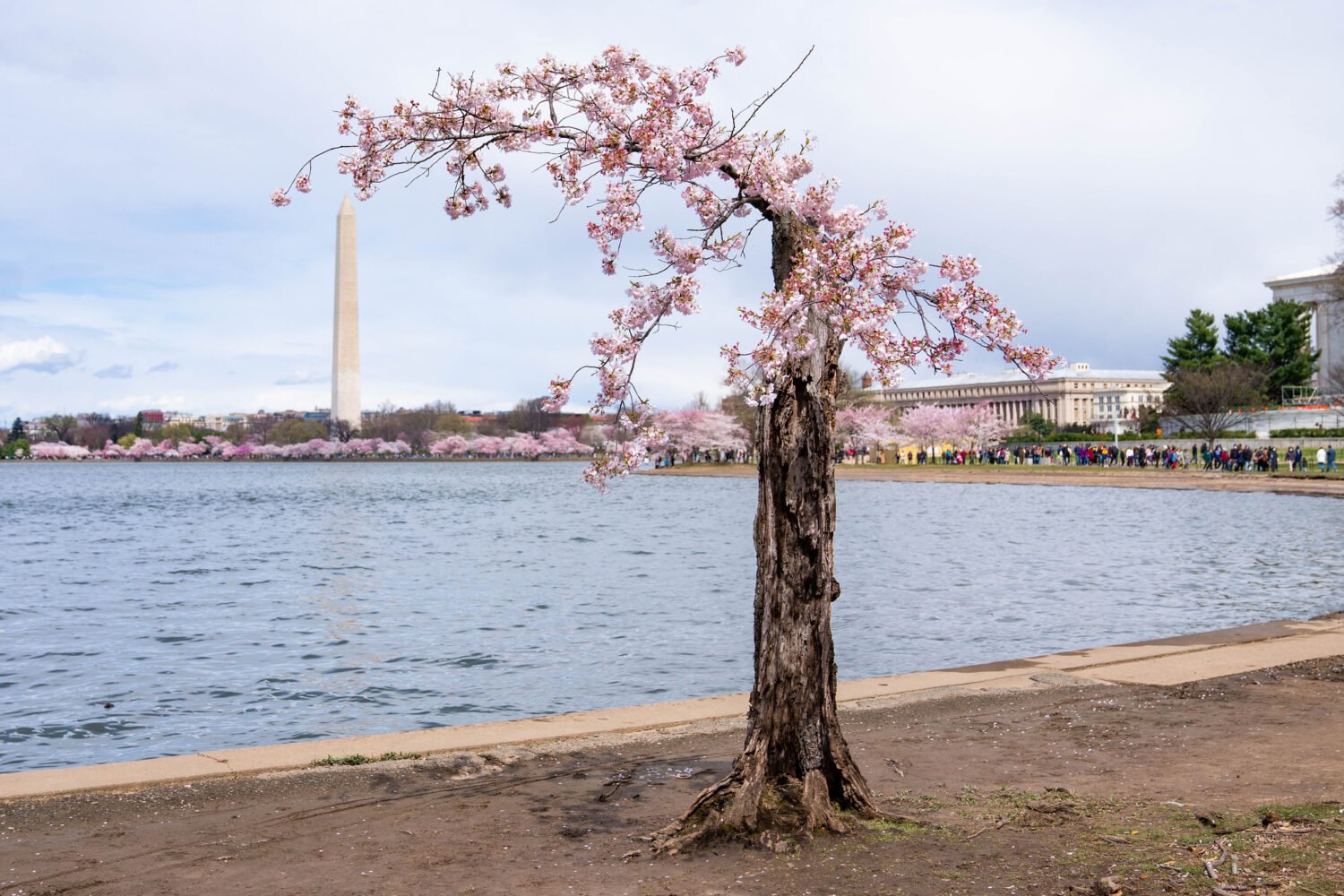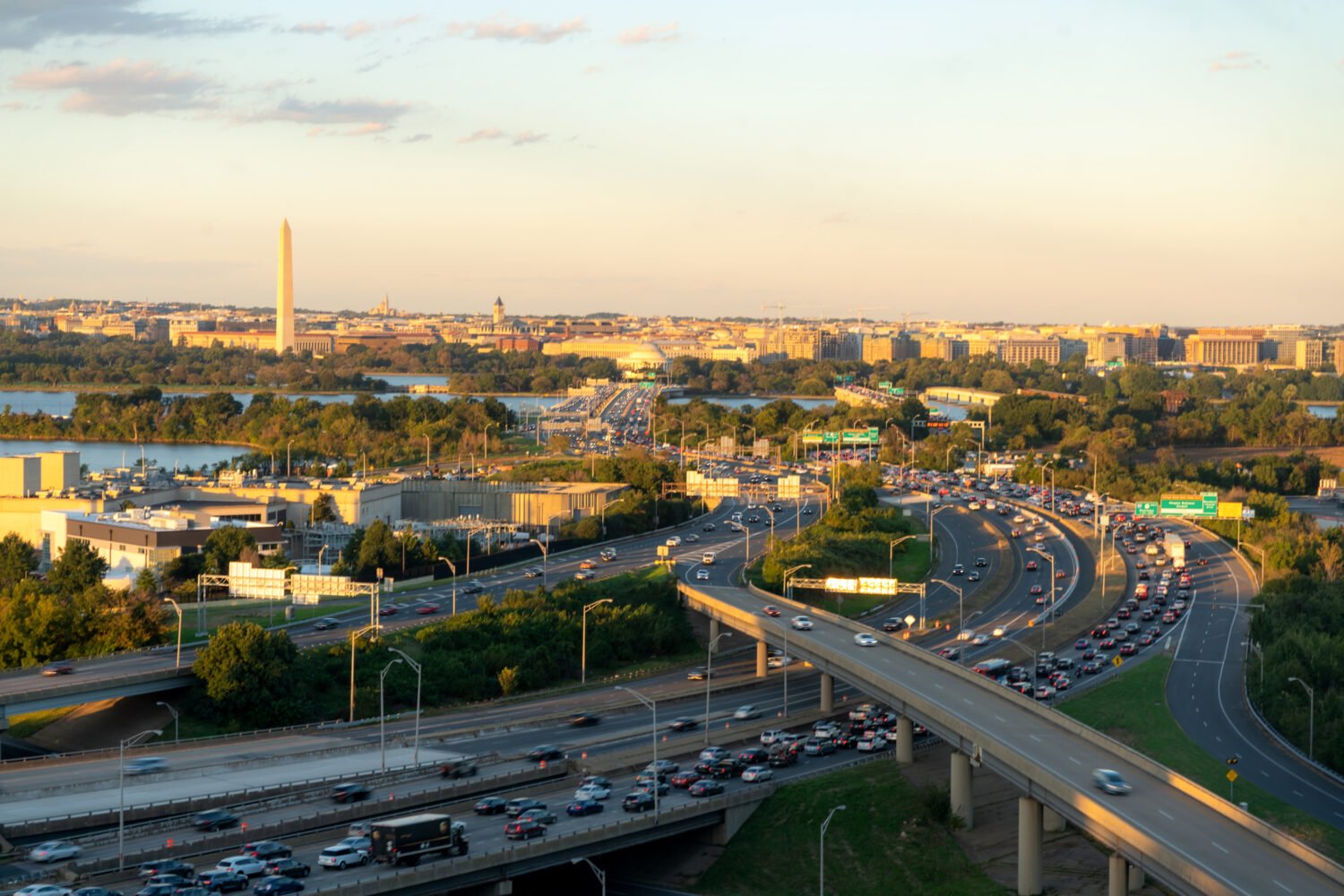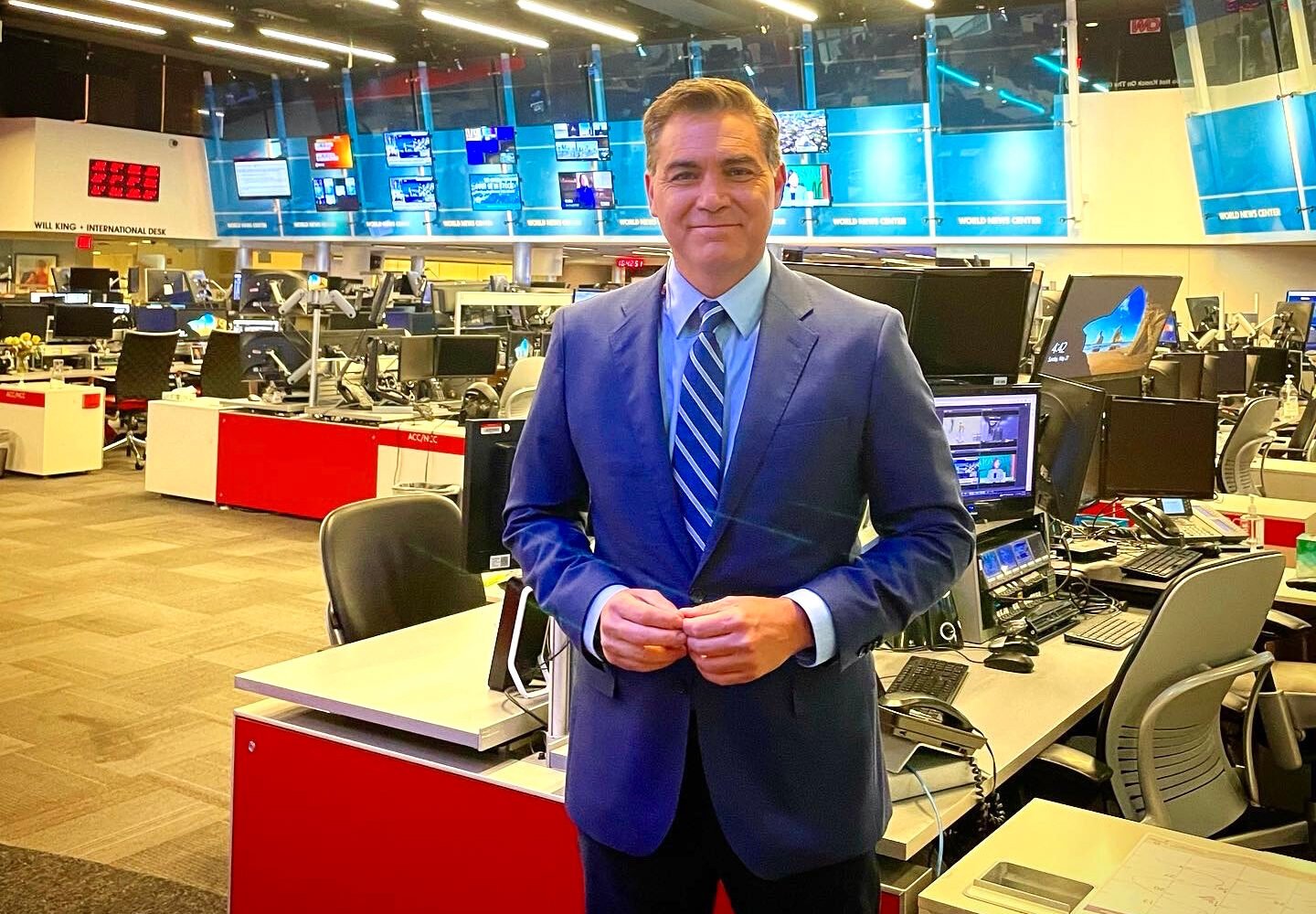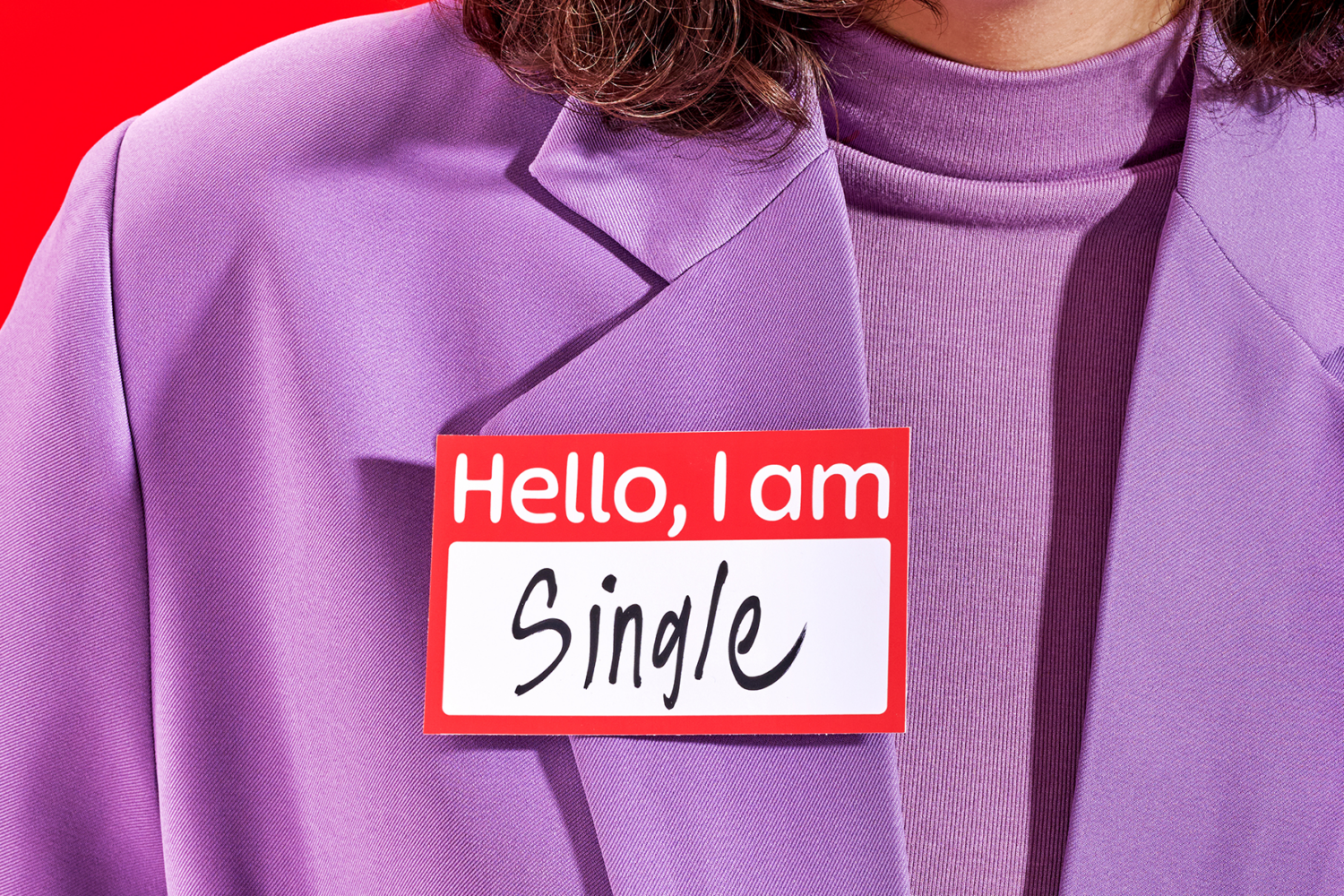Roll Call‘s report Thursday morning that presumptive Republican presidential nominee Donald Trump had selected Indiana Governor Mike Pence as his running mate confirmed many of the assumptions made this week after the two staged a rally together and met privately at the governor’s mansion in Indianapolis. It also align’s with Trump’s rumored belief that one-syllable last names are more powerful.
But it also, briefly, set off a round of social-media sniping by other journalists who recall the last time a publication “scooped” everyone else on a major party’s vice-presidential pick.
On July 6, 2004, the New York Post splashed on its front page an “exclusive” story that Democratic presidential nominee John Kerry would be introducing former House Majority Leader Dick Gephardt as his running mate. When Kerry announced later that day that he’d be running with Senator John Edwards instead, the Post was ridiculed and forced to run a huge correction the following day, while every other news organization reported the correct pick.
If most of the country forgot about the Post‘s blunder in the last 12 years, journalists—now armed with social-media platforms on which they can make instant armchair judgments and groan-inducing jokes about their colleagues—haven’t. The rush to blast Roll Call‘s report on Pence, nearly 24 hours before Trump’s scheduled running-mate unveiling, was almost immediate. Several reporters recalled the Post‘s Gephardt cover, especially after Trump’s campaign consigliere, Paul Manafort, said the news will be coming Friday at 11 AM.
Right after Roll Call story saying Trump picked Pence, Manafort makes it seem like Trump hasn’t made decision yet https://t.co/nfyMDkIfnE
— Eliza Collins (@elizacollins1) July 14, 2016
— Brian Stelter (@brianstelter) July 14, 2016
Breaking — pic.twitter.com/uqTXKzCZ1U
— Jake Tapper (@jaketapper) July 14, 2016
No, I’d say it actually has added to it. If Roll Call is wrong, it’ll come at a big ex-Pence. https://t.co/TGIT1op1gU
— Matt Fuller (@MEPFuller) July 14, 2016
It’s Newt. pic.twitter.com/5JYJolYKir
— Benjamin Freed (@brfreed) July 14, 2016
But there’s a critical difference between Roll Call reporting that Trump has picked Pence and what happened in 2004. While the New York Post reported a Kerry-Gephardt ticket, no one else did. Even though Roll Call‘s initial story credited a single “Republican with direct knowledge of the decision,” it was quickly followed by stories from the New York Times, CBS News, and the Indianapolis Star. The institutional reputations of the Times and CBS News suggest high levels of editorial scrutiny, and as Pence’s hometown paper, the Star should have special insight into the governor that further-flung news organizations do not, as the Huffington Post’s Sam Stein suggests.
Still, the giggling tweets about the Gephardt error and Roll Call editors shivering on tenterhooks are instructive as a reminder that given a window, many journalists will root for their colleagues to fail, and trot out ancient mistakes long after the rest of the world has forgotten about them. The tweets using the Gephardt story seem as much at the expense of the Post as they do directed at Roll Call, even though the Post has made front-page errors with far graver consequences, such as when it ran a photograph of two teens after the 2013 Boston Marathon bombing under the banner “Bag Men,” only for it to be quickly proven that the subjects of the photo were just race spectators. (The paper settled a defamation suit over the photo.”)
Today’s reaction was predictable, though. Indeed, the day after Kerry picked Gephard, Los Angeles Times columnist Dana Parsons wrote that the Post would be mocked forever for its glaring mistake. “In the days, weeks and decades ahead, critics will chide the Post for its wayward reporting,” Parsons wrote.
But he also wrote that there’s something to savor in the Post‘s error: “Call me a silly old fool, but I think it’s great that in 2004 a newspaper can make the same kind of mistake in a presidential season that was made in 1948,” Parsons wrote, referring to the Chicago Tribune‘s “Dewey Defeats Truman” headline.
That mistake appears not to have happened again in 2016, but journalists’ instincts to gutter-snipe each other did. If Trump indeed walks onstage tomorrow with Pence at his side, it’ll be those of us who tweeted the Post‘s cover who will have something to own up to.
Then again, it is Donald Trump!

